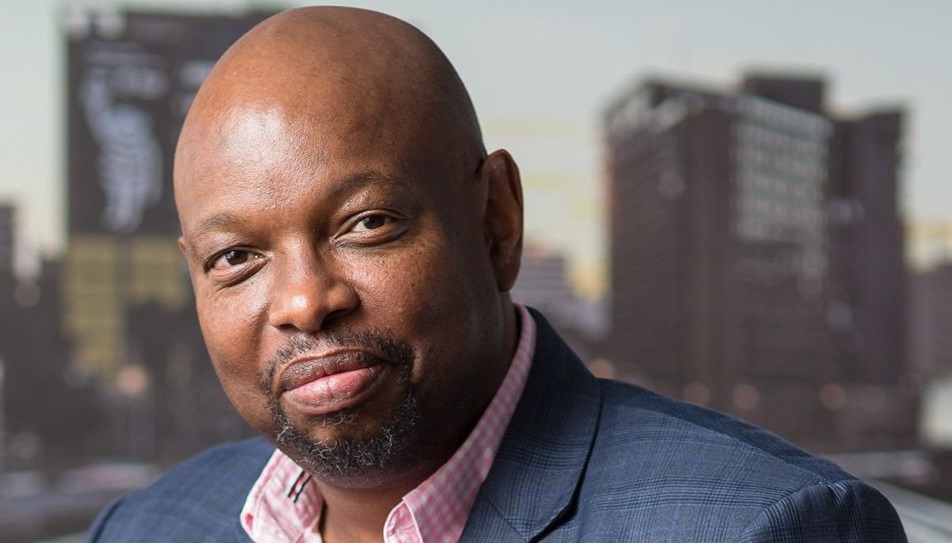Have you ever wondered how much easier travel has become, thanks to the digital innovations shaping our world? Exploring new destinations used to mean…
New township and rural fund to start lending by 1 June

The R1-billion township and rural economy fund announced by the Black Business Council (BBC) and Ubank last week, is expected to start lending its first loans from 1 June, says Ubank CEO Luthando Vutula.
It comes after Ubank, which is owned by mining group Thebe, announced last week that it had signed a “historic partnership agreement” with the BBC to establish the R1-billion fund for Township and Rural Economy Revitalisation (see this story).
An amount of R250-million will be available each year for the next five years, to lend to mostly black-owned businesses based in townships and rural areas.
Speaking to Ventureburn last week, Vutula said white entrepreneurs who developed solutions for the township and rural areas can also tap the fund.
The R1bn township and rural economy fund is expected to grow when contributions from the Black Business Council are announced
He said BBC is expected to match the R1-billion committed by Ubank. He said the matching funding would be arranged by the BBC but could come from the government or other funders.
Discussions to conclude the remaining R1-billion, he said, are “ongoing”. “I do know that they have some commitments, but they (BBC) must announce this,” he explained.
While firm criteria on the loan size and funding instruments has yet to be set, Vutula said the fund would provide loans of likely between R50 000 up to R1.5-million. He expects asset financing as well as invoice-discounting or factoring, to be one of the key lending products that the fund provides to entrepreneurs.
The funding would be available via Ubank’s branches, most of which are situated in mining areas and labour sending areas connected to the mines. The branch network is concentrated in the North West, Free State, the Eastern Cape and Gauteng (around Vereeniging and Westonaria).
A dedicated desk will be set up at the BBC to handle the fund and online applications will also be accepted, he added.
‘Impairments of 5% to 16% expected’
Vutula said while part of the lending criteria will have to be suitable for those operating in the townships and rural areas, it will in no way be a hand out. “Funds have to be repaid. But how you package the repayment terms is important,” he added.
Asked about whether the bank is prepared to take on the high risk associated with lending to the sector, Vutula said the financial modelling the bank has done for the fund has focused on a worst case scenario of 12% to 16% of impairments at a percentage of its lending book, and a best case scenario of 5%.
But he stressed that in disbursing the funding, Ubank and the BBC would rely strongly on partnerships with others in the sector.
This, he said, would include partnering with fintechs for credit scoring and with support organisations that can offer mentoring and post-approval support for those that received funding.
Before working as an Absa banker for many years, Vutula helped small businesses with business support.
About two decades ago he served at an Eastern Cape business support centre, the Xalanga Entrepreneur Development Centre, which fell under the government’s old Ntsika Enterprise Promotion Agency.
Explaining the need for the fund, Vutula said small businesses are a key catalyst to any economy and the world. “During and post Covid-19, most of the jobs will be created by small businesses,” he added.
All the big talk aside, the real test will come when the money is finally lent out. Township entrepreneurs have grown used to the empty promises of business bodies and government. It’s time now for action.
Read more: Black Business Council and Ubank set up R1bn township and rural economy fund
Featured image: Ubank CEO Luthando Vutula (Facebook)

